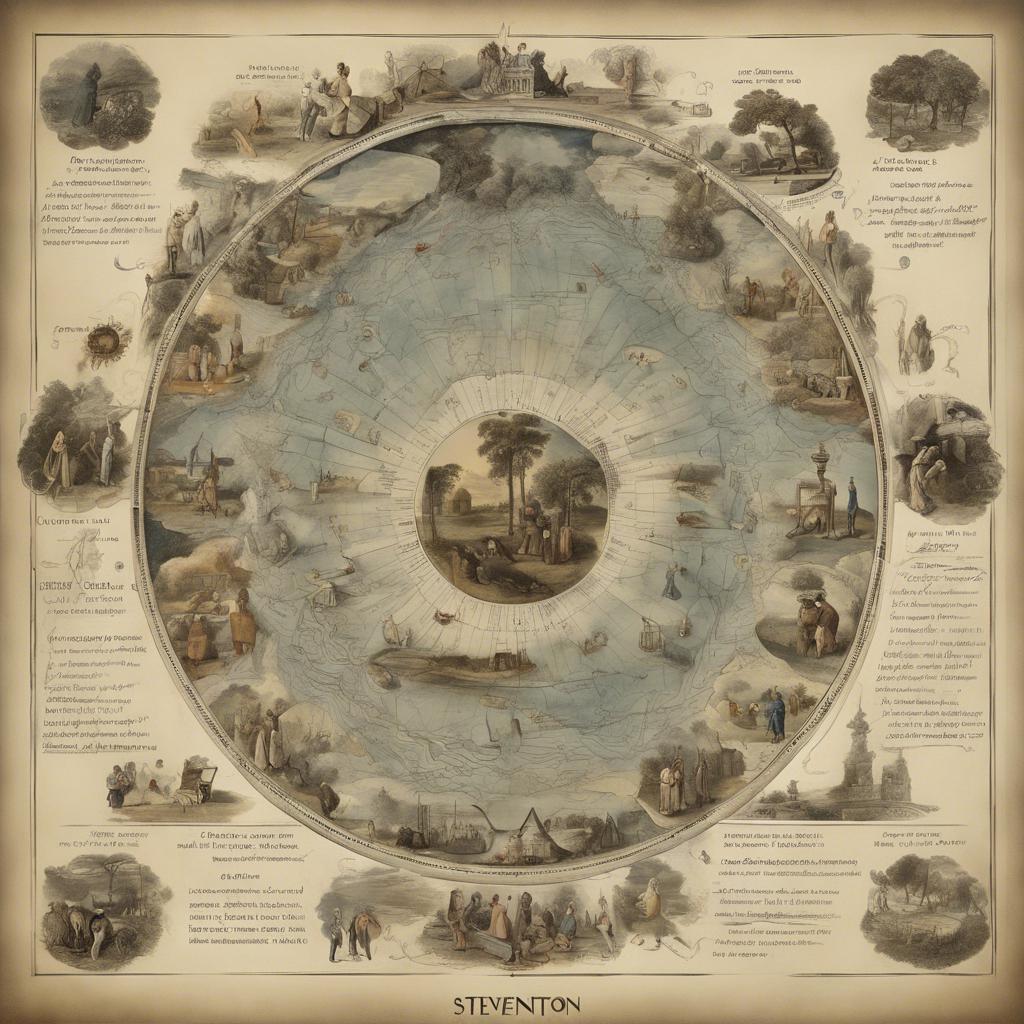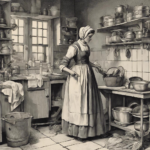Nestled in the picturesque countryside of Hampshire, England, the small village of Steventon holds a significant place in the annals of history. With roots dating back to the medieval era, Steventon has borne witness to centuries of societal evolution and cultural transformation. From its humble beginnings as an agricultural settlement to its prominence as the birthplace of renowned author Jane Austen, Steventon remains a testament to the enduring legacy of England’s past. In this article, we delve into the rich history and cultural significance of Steventon, illuminating the village’s pivotal role in shaping the fabric of British heritage.
Step Into the World of Cheryl Bolen
Dive into the enchanting stories of love, intrigue, and elegance set in the Regency Era. Cheryl Bolen's novels offer timeless romance and captivating tales that will leave you wanting more.
Explore Cheryl Bolen's Books Now
The Origins of Steventon: A Historical Overview
Steventon is a quaint village located in Hampshire, England, with a rich history that dates back centuries. The origins of Steventon can be traced back to the Saxon period, where it was recorded in the Domesday Book of 1086 as “Stivetune.” The village’s name is believed to have derived from the Old English words “stif” meaning “stiff” or “strong” and “tun” meaning “enclosure” or “settlement.”
Throughout its history, Steventon has been a hub of agricultural activity, with farming playing a vital role in the village’s economy. The fertile land surrounding Steventon has enabled the cultivation of various crops, such as wheat, barley, and oats. Additionally, livestock farming, including sheep and cattle rearing, has been a significant part of the village’s agricultural practices.
In the 18th century, Steventon gained literary prominence as the birthplace of renowned author Jane Austen. Austen was born in the rectory in Steventon in 1775, where she spent the first 25 years of her life. The picturesque surroundings of Steventon and its influence on Austen’s novels, such as ”Pride and Prejudice” and “Sense and Sensibility,” have solidified the village’s place in literary history. Today, visitors can explore the Jane Austen’s House Museum in Chawton, just a short distance from Steventon, to learn more about the author’s life and works.
Steventon Architecture: Preserving Heritage and Charm
Steventon is a picturesque village in Oxfordshire, England, known for its rich architectural heritage and timeless charm. The village is home to a variety of historic buildings that reflect the traditional English architecture of centuries past. From quaint cottages with thatched roofs to grand manor houses with ornate facades, Steventon’s architecture tells the story of its long and storied history.
One of the most iconic examples of Steventon architecture is the historic St. Nicholas Church, a Grade I listed building dating back to the 12th century. With its distinctive spire and medieval stonework, the church is a testament to the skilled craftsmanship of the era. Visitors to Steventon can explore the church’s interior, admiring its intricate stained glass windows, ornate wood carvings, and ancient tombs.
Preserving Steventon’s architectural heritage is a top priority for residents and local authorities, who work diligently to maintain and restore the village’s historic buildings. Through careful conservation efforts and thoughtful planning, Steventon continues to exude its old-world charm, attracting visitors from near and far who are eager to experience a taste of England’s past.
Hidden Gems of Steventon: Must-See Attractions
Located in the quaint village of Steventon, there are hidden gems waiting to be discovered by visitors seeking a taste of history and charm. One such attraction is the Steventon Church, a historic site dating back to the 12th century. This picturesque church, with its stunning architecture and beautiful stained glass windows, is a must-see for anyone interested in medieval religious art and architecture.
Another hidden gem in Steventon is the birthplace of renowned author Jane Austen. This humble cottage, where Austen spent the first 25 years of her life, offers a glimpse into the world of one of England’s most beloved literary figures. Visitors can explore the rooms where Austen penned some of her most famous works, such as Pride and Prejudice and Sense and Sensibility, and learn about the author’s life and legacy.
For those looking to immerse themselves in nature, a visit to the Steventon Nature Reserve is highly recommended. This tranquil oasis boasts a diverse range of flora and fauna, making it the perfect spot for a relaxing stroll or birdwatching adventure. With its peaceful atmosphere and breathtaking views, the Steventon Nature Reserve is a hidden gem that should not be missed.
Culinary Delights in Steventon: Recommendations for Food Enthusiasts
In the quaint village of Steventon, nestled in the heart of the English countryside, food enthusiasts will find a treasure trove of culinary delights waiting to be discovered. Steventon may be a small village, but it boasts a rich culinary history that is sure to delight the taste buds of even the most discerning foodies.
One must-visit destination for food enthusiasts in Steventon is the charming village tearoom, where you can indulge in traditional English afternoon tea complete with freshly baked scones, clotted cream, and jam. The elegant yet cozy setting of the tearoom provides the perfect backdrop for savoring these classic treats.
For those looking to sample traditional English fare with a modern twist, a visit to the local gastropub is a must. Here, you can enjoy dishes made with locally sourced ingredients, showcasing the best of British culinary innovation. From hearty pies to succulent roasts, the gastropub offers a diverse menu that is sure to satisfy any palate.
The Way Forward
Steventon stands as a testament to the rich history and heritage of England. From its humble beginnings as a small village to its important role in the literary world, Steventon’s story is one of resilience, creativity, and cultural significance. As we reflect on the past and look towards the future, let us remember and appreciate the enduring legacy of Steventon and the impact it has had on shaping our world today. May its history continue to inspire and educate generations to come.


